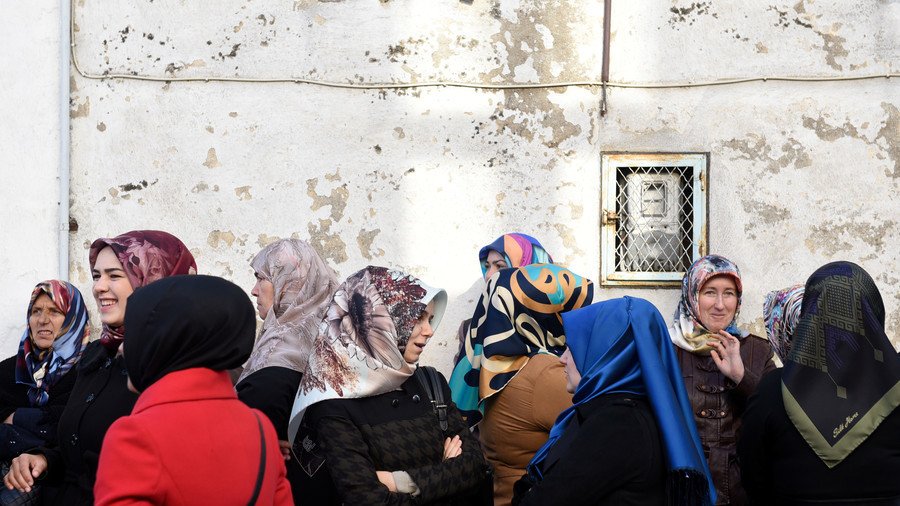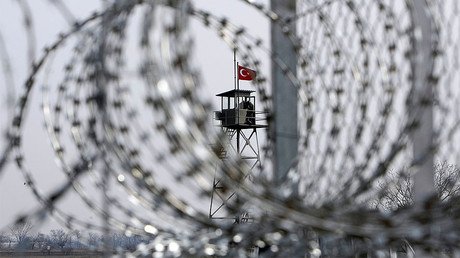‘Historic step’: Greece curbs powers of Islamic Sharia courts

The Greek parliament has overwhelmingly voted to limit the power of Sharia courts among the Muslim minority, seeking greater equality for all citizens. They were introduced a century ago in an agreement with Turkey after WWI.
On Tuesday, Greek MPs passed a new law under which the Muslim minority would no longer be bound by Sharia law. Under the old system, family disputes over inheritance, divorce and child custody would be settled by muftis and Islamic law scholars. But this parallel legal system has been accused of sexism and discrimination against women.
“The government today is taking an historic step by bringing to Parliament the bill on Sharia which widens and deepens legal and civil equality enjoyed by all Greek men and women without exception,” Prime Minister Alexis Tsipras said in a written statement.
“Respecting in every way the unique characteristics of the Muslim minority in Thrace, the government, with the bill, rectifies past injustices against its members.”
The bill gives priority to Greek courts, and was supported by all major parties except the far-right Golden Dawn, which said it wasn’t clear what powers the Islamic courts would still maintain.
The revision of the law comes after a legal case brought by one Hatijah Molla Salli, a widow from the city of Komotini in Thrace, eastern Greece. Salli was fighting an inheritance dispute with her late husband’s sisters and won the initial case, but in 2013 the Greek Supreme Court ruled that the century-old agreement with Turkey takes precedent. Salli then filed a complaint with the European Court of Human Rights (ECHR), which is expected to weigh in on the topic later this year.
After the First World War and the collapse of the Ottoman Empire, the Greek and Turkish governments carried out a population exchange in 1923 in which millions of Muslim and Orthodox Christian people were moved between the two countries. Under the deal, the remaining Muslims in Greece would be placed under Islamic customs and law.
Today there are more than 110,000 Greek Muslims, according to various estimates, mostly concentrated in the eastern region of Thrace near the Turkish border. The situation of Greek Muslims is closely watched by the Turkish government, which considers them Turks, although the community also includes Roma and the Bulgarian-speaking Pomaks. During his visit to Athens in December, Turkish President Recep Tayyip Erdogan accused Greece of not respecting its Muslim citizens.
Greece is one of the few European countries which recognize some aspects of Islamic law alongside its own secular legal system. In the UK, a number of Sharia tribunals operate under the Arbitration Act which allows them to resolve legal disputes as long as this doesn’t conflict with British law.















